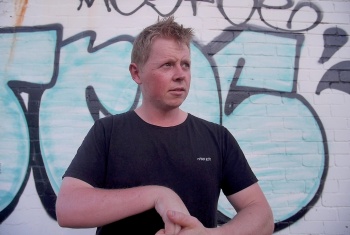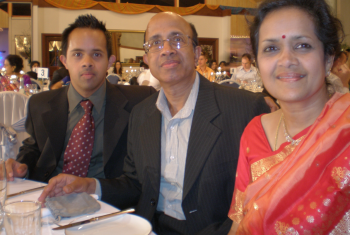For Michel Tuomy, the hardest thing about his schizophrenia diagnosis was accepting it.
The 50-year-old Lower Templestowe local was diagnosed with the illness in his early 30s, but it wasn’t until around 15 years later that he started to come to terms with it.
It was a lifelong love of arts that inspired Michel to start writing again, helping him on a journey to recovery.
“I have a friend who is a retired doctor, and he always says the hardest thing about schizophrenia is having the person accept they have it,” Michel said.
“It’s made me realise that the doctors, nurses and other health professionals are there to support me, and the only walls that exist are the walls that I put up myself.”
After accessing funding through the NDIS in 2018, Michel engaged an arts mentor, who assists him with creative practice and the business side of his work.
His mentor Tania supports him with applying for grants for his theatre plays, promotions and publicity for his work and supporting him to engage with his community.
“It makes my week so much more fulfilled because I walk away from my meetings with Tania with an objective and it motivates me, we would never have been awarded a grant for the play if I didn’t have Tania to help me write it.
“It gives me a routine every day, which is something I can put down to the NDIS.”
Michel’s play Little Brother, Big Sister was due to show at Melbourne’s La Mama Courthouse in May 2020, before it got postponed due to COVID-19.
The play tells the story of a man with schizophrenia and his sister who acts as his carer, mirroring the relationship of Michel and his own sister Fiona.
“It’s a story of battling with the illness and not accepting it, but then coming to a point where you do accept it.”
Michel says that inclusion and acceptance are the key messages he is promoting through his play.
“It’s all about public perception versus reality, yes people with schizophrenia have delusions and fantasies, but with the right support, and through programs like the NDIS, you can get a helping hand and contribute to society.
“That’s what I want to portray with the play, the real face of schizophrenia.”


